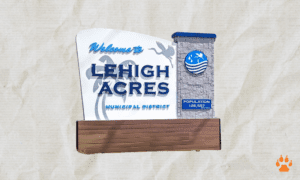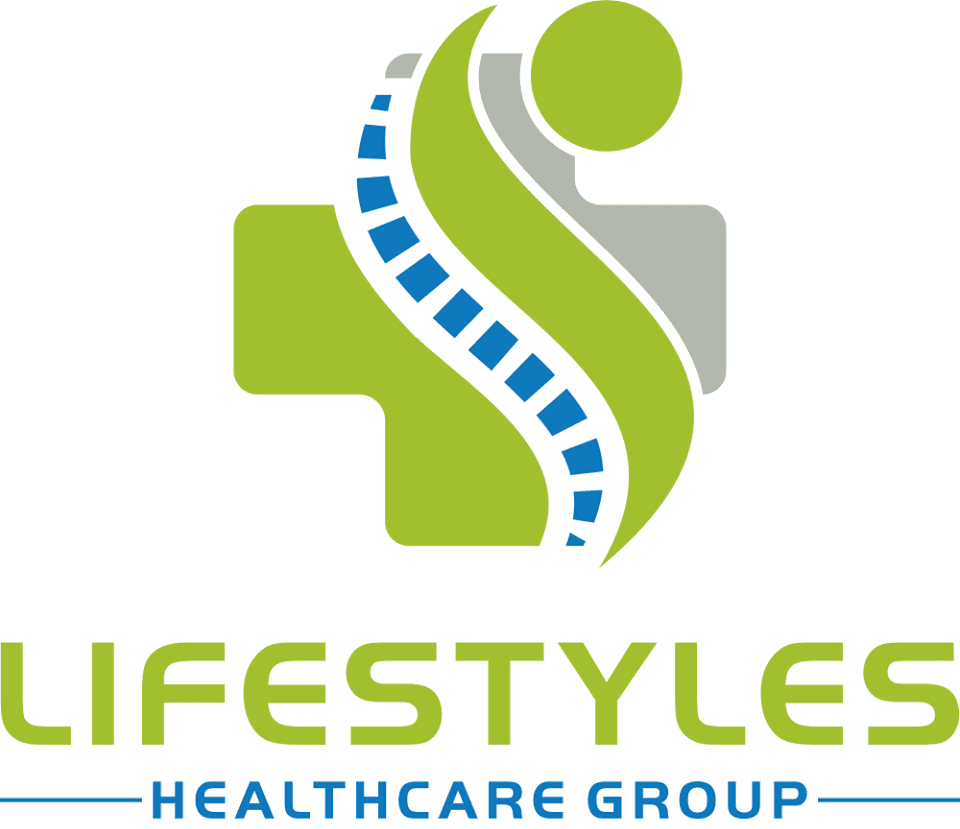By: Dr. Veja Tillman, DVM
As loving pet owners, we want to keep our pets safe and healthy. But with so many different types of toxins (poisons) and each producing vastly different symptoms in our pets, it is hard to know what is or is not safe. Being informed of common toxins and other hazards that can harm our pets is a great start. Here are 10 common pet toxins that can affect your pet.
- Over the counter (OTC) medications are the most common group of toxicants pets ingest. Most often these ingestions are not accidental. They are exposures from good-intentioned pet owners. Ibuprofen, acetaminophen, joint rubs, and herbal supplements all fall within this category. These items are commonly found in homes and are often stored in purses and backpacks. Make sure to keep these items far from the reach of your pets and contact your veterinary health professional before administering any over the counter products to your pets.
- Human prescription medications and Lifestyle supplements and treatments. Heart medications, ADHD, thyroid, and antidepressant medications make up a significant amount of these cases. In recent years, marijuana (Hemp/ THC, in various forms) toxicity has increased in pets causing mild to very severe reactions. Always make sure your prescription medications and recreational supplements are safely locked away and out of paws’ reach. Even small amounts of some of these products can cause severe concerns in pets.
- Food. Grapes, raisins, macadamia nuts, onions, garlic and protein bars make up most of the exposures in this list. However, in recent years many sugar free food products containing Xylitol have caused a majority of toxicities in this category. Keep these foods away from your pets as even small amounts may cause signs of toxicity: vomiting, diarrhea, tremors or signs of kidney or liver failure.
- Chocolate remains one of the most common exposures for dogs. Dogs can eat enough to get themselves into severe trouble. Relentless vomiting and diarrhea, weakness and sometimes seizures and heart failure can be seen.
- Veterinary products and pet medications. Chewable medications are yummy. Dogs and cats will eat the entire container. Make sure to treat these products like prescription medications and keep them away from your pets.
- Household items: Home improvement projects can expose pets to many potential toxins such as paint, adhesives (Gorilla Glue) or spackle and other building materials. Most of these materials will cause intestinal obstructions which require costly surgery to remove.
- Rodenticide (rat poison) exposure is dependent on the type of active ingredient present in the product. Mouse and rat baits can cause bleeding, kidney failure, seizures or even death.
- Plants. As beautiful and ornate as they may be, can cause a range of clinical signs such as vomiting, diarrhea, difficulty urinating, heart anomalies and difficulty, as well as liver or kidney failure. Some of these exposures can be fatal. Other plants include Dieffenbachia, Oleander, Foxglove, Sago palm and Bird of Paradise flower to name a few.
- Insecticide exposure. Eye irritation, sneezing, vomiting, diarrhea, tremors to seizures may be seen with these products. Safer product alternatives and better handling of these types of products will help keep pets safe.
- Garden products. Many pets find fertilizers (especially organic products) irresistible. Upset stomach, lethargy, weakness, tremors, seizures may be caused by these products.
Tips to help keep pets safe:
- Pay close attention if your pets show any of the signs mentioned. If these signs increase or do not resolve, take your pet to see your veterinarian or the local emergency hospital.
- Keep toxic pants, chemicals, and medications out of reach of your pets to prevent accidental ingestions and exposures.
- When using any type of yard treatment, protect your pet from exposure by not allowing them to “help” with the yard activities. Consider placing them in a separate area or dropping them off at daycare until the treatment has dried or dissolved completely.
- With any potential dangers and toxins, it is important to keep these things out of your pets’ reach.
- Contact your veterinarian or any of the pet poison hotlines immediately if you know that or suspect your pet has been exposed to any toxin. Immediate action reduces the potential risks to your pet’s health.
We’re here to help. If you have any questions or concerns about what your pet should eat or what’s safe to have in your home, please reach out to your veterinary team. You may also contact one of the following pet poison help centers: ASPCA 24/7 Poison Control Hotline at (888) 426-4435 or the Pet Poison Helpline at (855) 764-7661. There are fees for the services, but it’s well worth it.
March is Pet Poison Awareness Month. Let’s be extra careful and keep our pets safe from exposure to toxins and chemicals.
ABOUT DR. TILLMAN
Dr. Tillman is a 2002 graduate of Tuskegee University School of Veterinary Medicine. Her veterinary practice and work experience focuses on health and wellness of pets. She is the owner of Just 4 Pets Wellness Center and can be reached at 239-270-5721.








